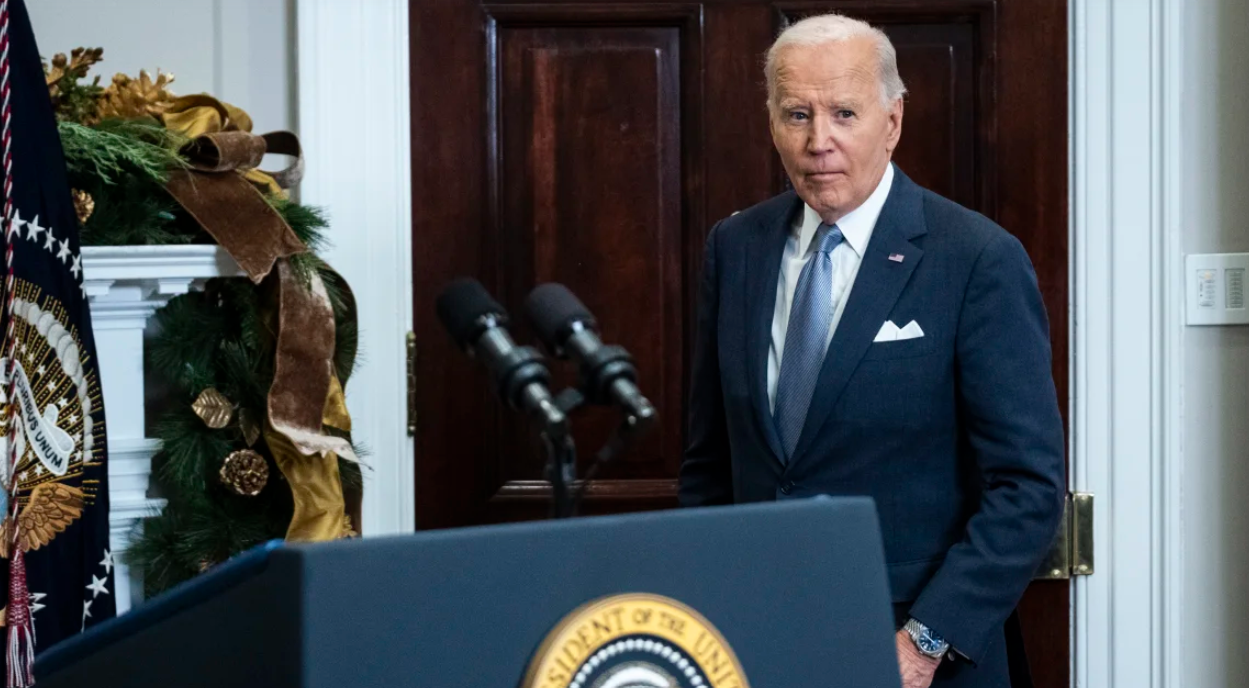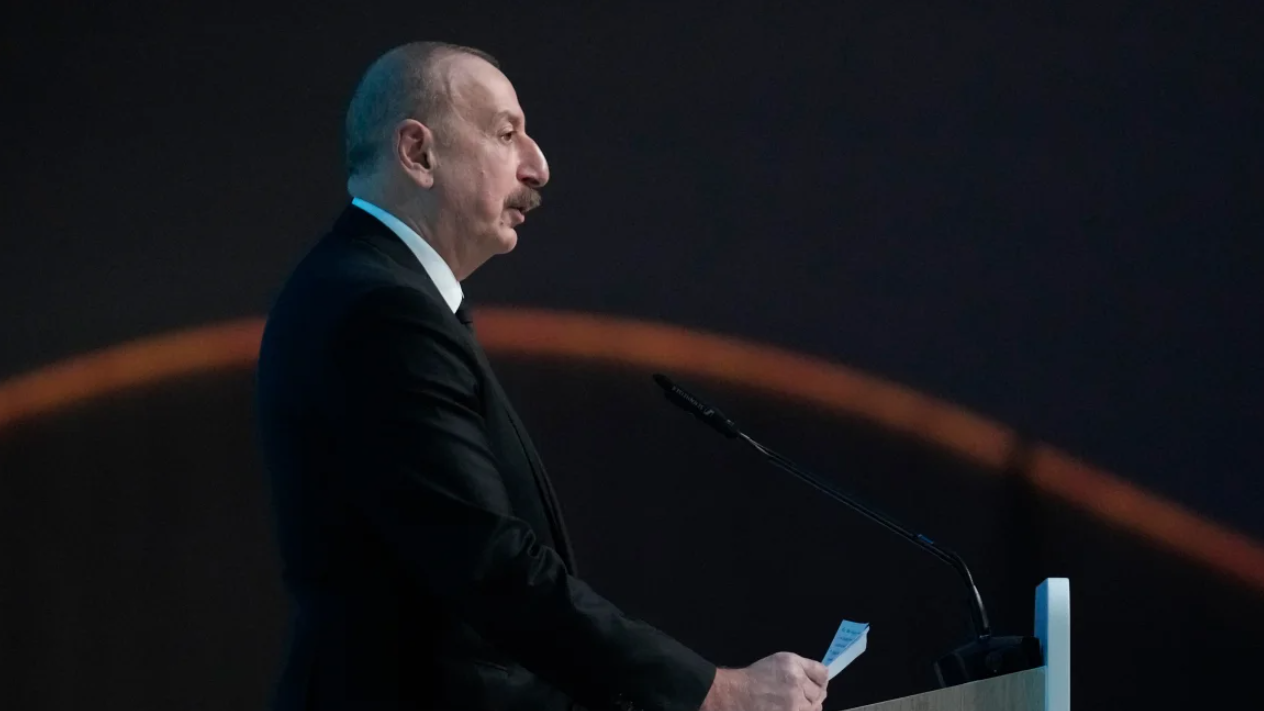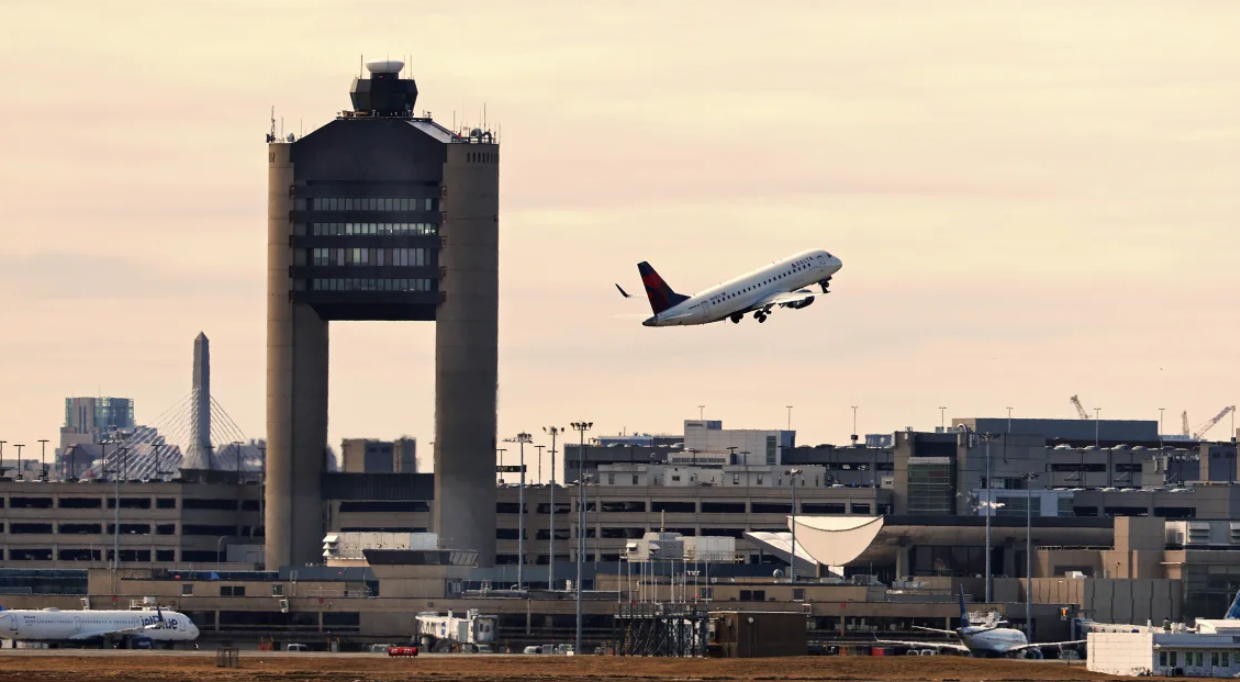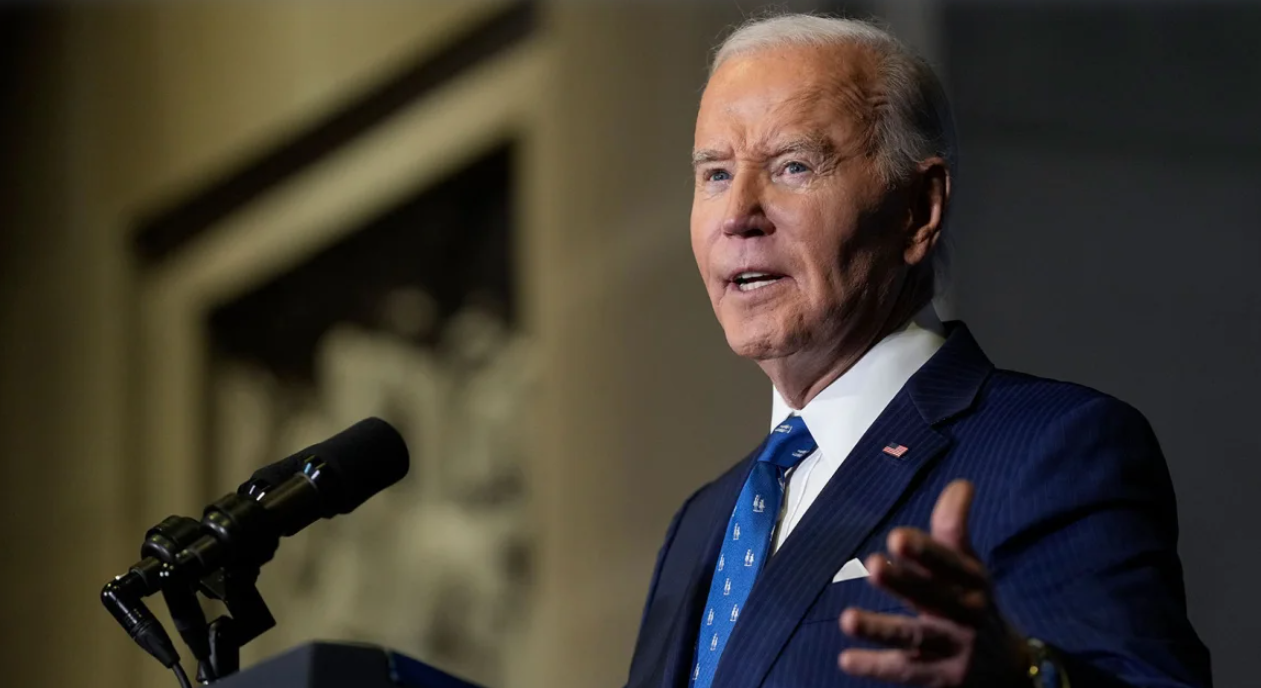Victims of major public corruption cases in Pennsylvania and Illinois are angry that President Joe Biden granted clemency this week to two convicted officials.
The commutations were announced Thursday as part of a historic clemency package for 1,500 convicted criminals who, the White House said, “deserve a second chance.”
The two convicted officials whose cases sparked outrage – a crooked Pennsylvania judge and a notorious Illinois fraudster – both had already been released from prison early and put on house arrest during the Covid-19 pandemic. Biden’s actions now end that punishment.
The president has already faced bipartisan criticism over his highly controversial pardon of his son Hunter Biden, who was convicted earlier this year of 12 tax and gun crimes.
A Biden administration official told CNN the latest commutations were not individual decisions and instead it was a uniform decision granted to people who met certain criteria, like having a track record of good behavior while on house arrest.
‘Got it absolutely wrong’
Former Pennsylvania Judge Michael Conahan was convicted in 2011 in what was infamously called the “kids-for-cash” scandal, where he took kickbacks from for-profit detention centers in exchange for wrongly sending juveniles to their facilities. The case was widely considered to be one of the worst judicial scandals in Pennsylvania history.
Like all of the other nearly 1,500 people who got commutations from Biden this week, Conahan was freed from prison due to Covid. His house arrest was set to end in 2026.
The misconduct of Conahan and another Luzerne County judge led the Pennsylvania Supreme Court to throw out 4,000 juvenile convictions, and the discredited state judges were ordered to pay $200 million to the victims, according to the Associated Press.
Sandy Fonzo – the mother of Edward Kenzakoski, who died by suicide after spending time behind bars as part of the kickback scheme – said she was “shocked… and hurt” after learning of Biden’s decision to commute the rest of Conahan’s punishment.
“Conahan‘s actions destroyed families, including mine, and my son‘s death is a tragic reminder of the consequences of his abuse of power,” Fonzo told the Citizens’ Voice, a local outlet. “This pardon feels like an injustice for all of us who still suffer. Right now I am processing and doing the best I can to cope with the pain that this has brought back.”
Pennsylvania Gov. Josh Shapiro, a Democrat, also said Friday at an unrelated news conference in Biden’s hometown of Scranton that, “I do feel strongly that President Biden got it absolutely wrong and created a lot of pain here in northeastern Pennsylvania.”
‘Justice wasn’t served’
There was similar fallout in Illinois, after Biden gave clemency to Rita Crundwell, the former comptroller of Dixon, a city of roughly 15,000 in the northern part of the state.
She pleaded guilty in 2012 to a $54 million embezzlement scheme, which was believed to be the largest municipal fraud in US history. She was sentenced to almost 20 years in prison, nearly the maximum, though she moved to house arrest during the pandemic.
She was supposed to be on house arrest until 2028, according to the Bureau of Prisons.
“When I heard the news, I was completely shocked in disbelief, I was outraged and felt a complete sense of betrayal from the federal justice system, the White House and the president,” Dixon city manager Danny Langloss told CNN in an interview on Friday.
Langloss, who said he doesn’t affiliate with a political party, was the police chief when Crundwell’s fraud was uncovered. He said he believes “justice wasn’t served here.”
“I don’t like the idea … that with several more years of her sentence to complete, she gets to walk free in the community that she betrayed and stole from,” Langloss said.
Fallout from the pandemic
Margaret Love, who served in the Justice Department as the US pardon attorney from 1990 to 1997, said the fallout from Biden’s latest commutations was a consequence of how the prison population was reduced during Covid – under the Trump administration.
Congress passed the bipartisan CARES Act in March 2020, at the beginning of the pandemic, which, among other things, paved the way for the federal government to move about 12,000 inmates from federal prisons into home confinement. Many of these people have since completed their sentences, though plenty remain on house arrest.
“Many people who were sent home were convicted of white-collar or nonviolent offenses and were considered safe bets to behave in the community,” Love said, adding that she believed the decision-making was tainted by racial discrimination.
With grumblings among some Republicans about sending these convicts back to prison, Love said Biden “simply cleaned out this population” and took that option off the table.
And to those upset that Biden let these criminals out of house arrest early, “you should have complained four years ago when they were released from prison,” Love said.














Leave a Reply